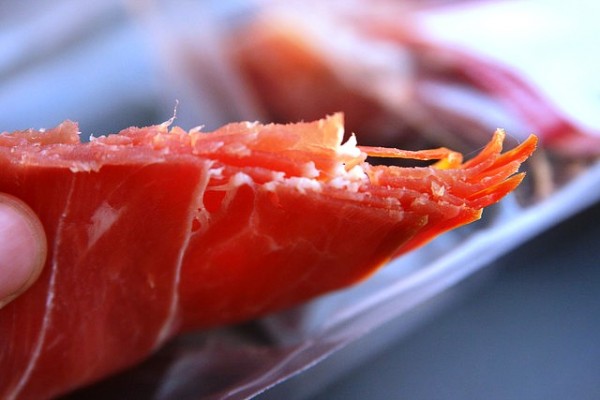Stop Eating Red Meat and Switch to Chicken to Prevent Breast Cancer: Study

Replace red meat with chicken in your daily diet to prevent breast cancer, advises a study.
Experts from the Harvard School of Public Health found eating chicken instead of red meat like beef, pork, lamb and processed meat can curb breast cancer risk by 17 percent. They suggest women to incorporate fish, chicken, nuts and legumes that are rich in fiber and phytoestrogen in their everyday diet to reduce disease possibility by 14 percent. These habits particularly benefit postmenopausal women from the risk of developing breast cancer by nearly 25 percent.
Researchers studied 88,803 women aged between 26 and 45 years for almost two decades to assess the negative effects on health by the intake of red meat. The participants were surveyed once every four years about their dietary practices. During the entire period, 2,830 subjects were diagnosed with breast cancer.
Red meats contain high levels of saturated fat and heme iron that can spike up the cholesterol content in the body and hormone production leading to tumor growths. Cooking and barbecuing meat at very high temperatures release harmful toxins known as 'polycyclic aromatic hydrocarbons'. It was observed the overall risk rate increases by 22 percent in those who regularly ate red meat and having an extra serving ups the risk by 13 percent. In addition, the study noted participants who reported eating too much red meat in younger years had more susceptibility for deadly cancerous formation and diseases at later age.
Past clinical trials have linked red meat to an array of fatal health conditions including different forms of cancer. The current research holds that red meat eaters are usually more unhealthy, overweight, barely exercise and smoke cigarettes very often than their non-meat eating peers.
"When this relatively small relative risk is applied to breast cancer, which has a high lifetime incidence, the absolute number of excess cases attributable to red meat would be substantial, and hence a public health concern," said Maryam Farvid, study author and researcher from the Harvard School of Public Health, in the study.
The authors believe in investigating further to determine how eating habits in early adulthood contribute to the risk of breast cancer in later years.
More information is available online in British Medical Journal.
Jun 11, 2014 06:10 AM EDT





